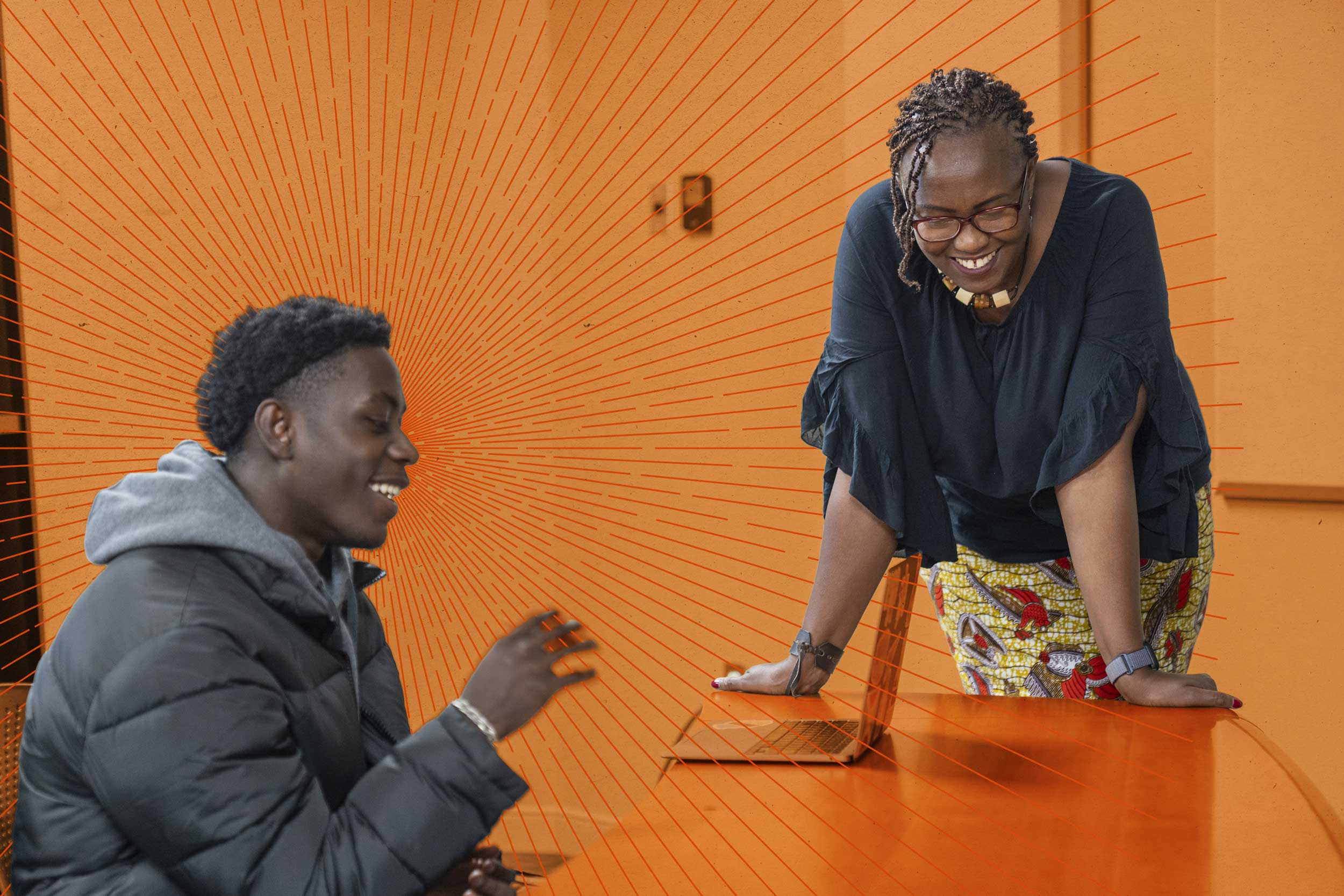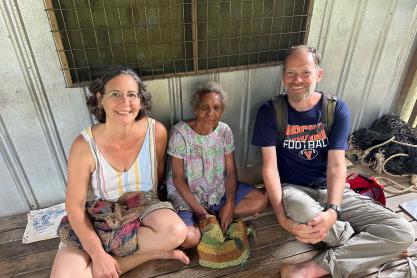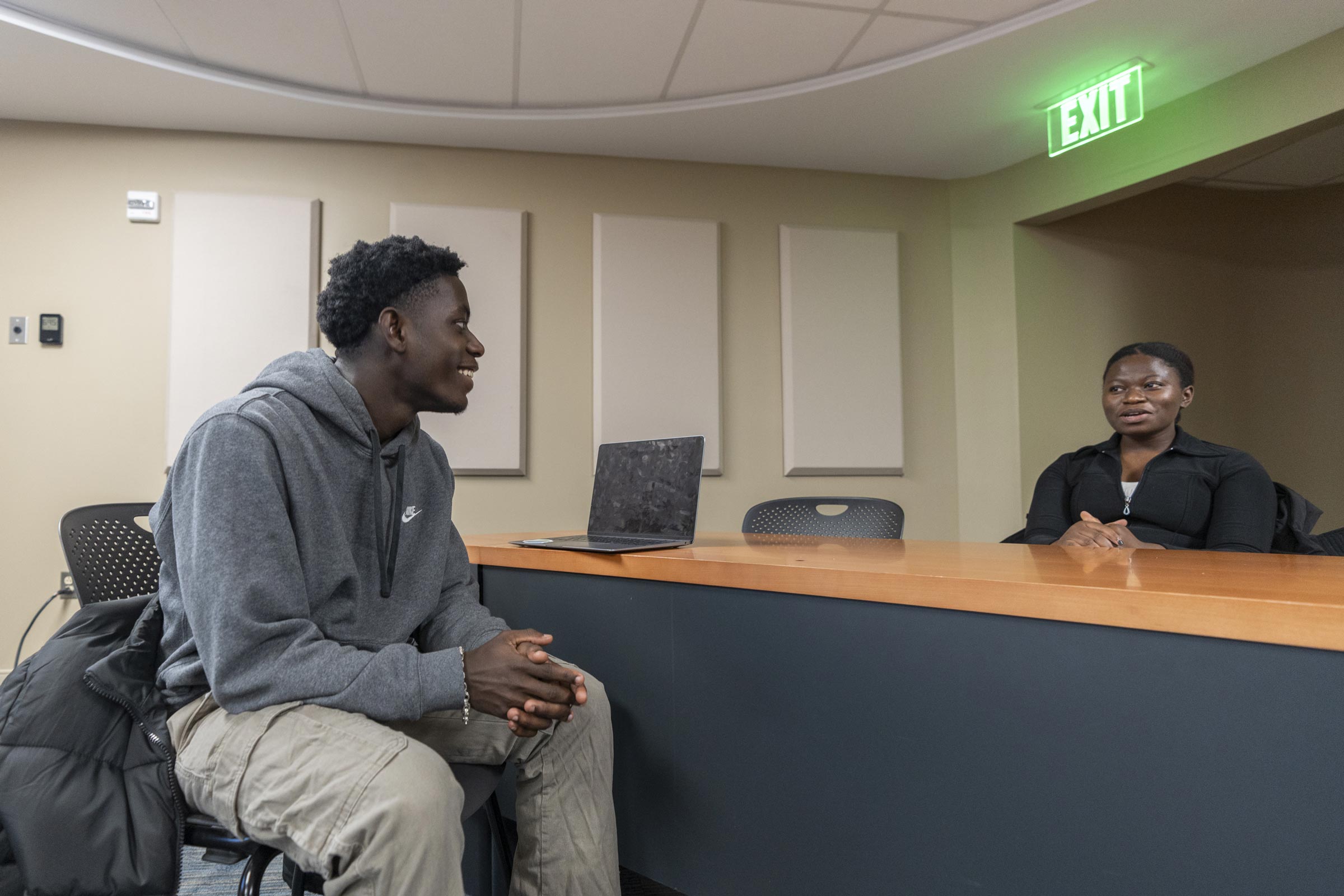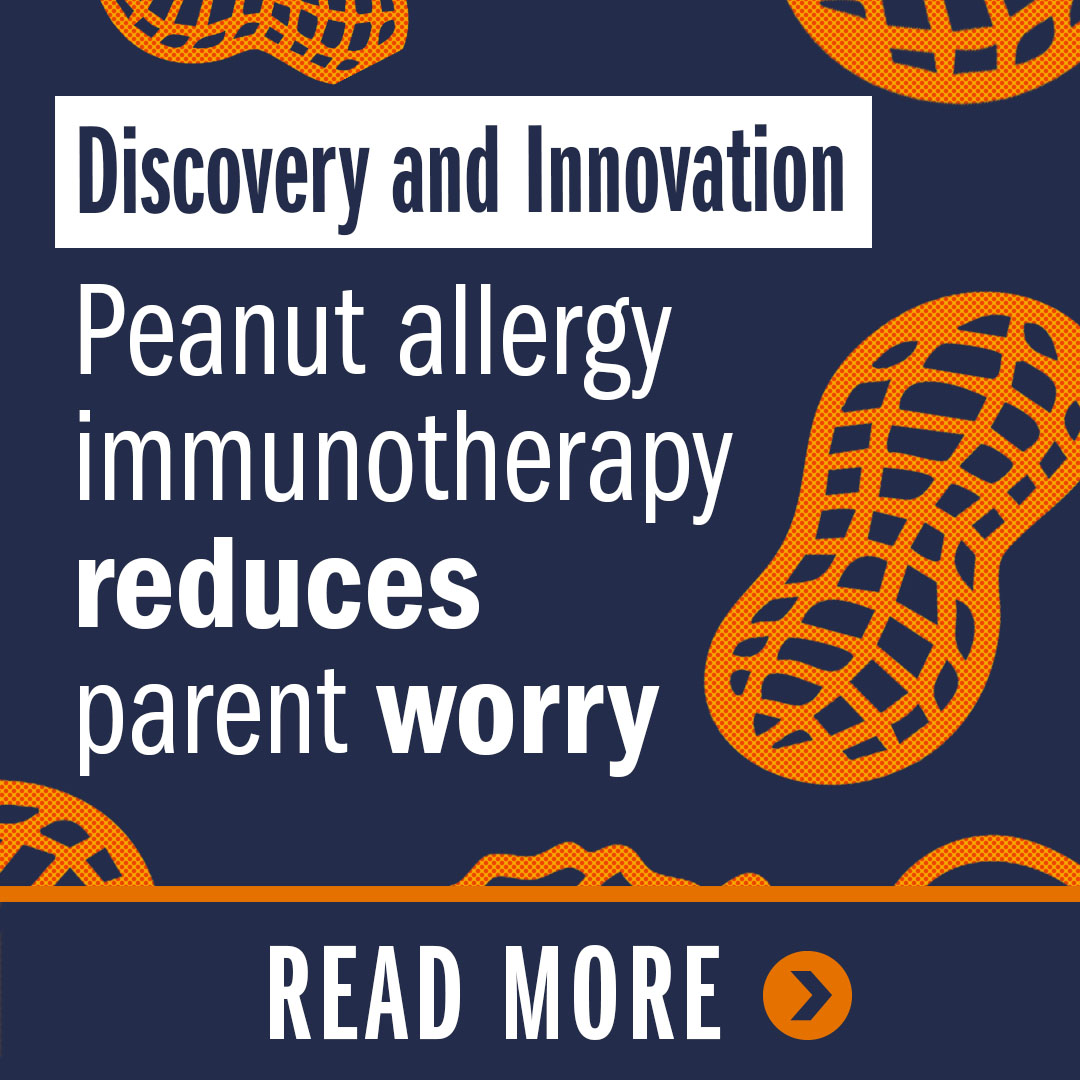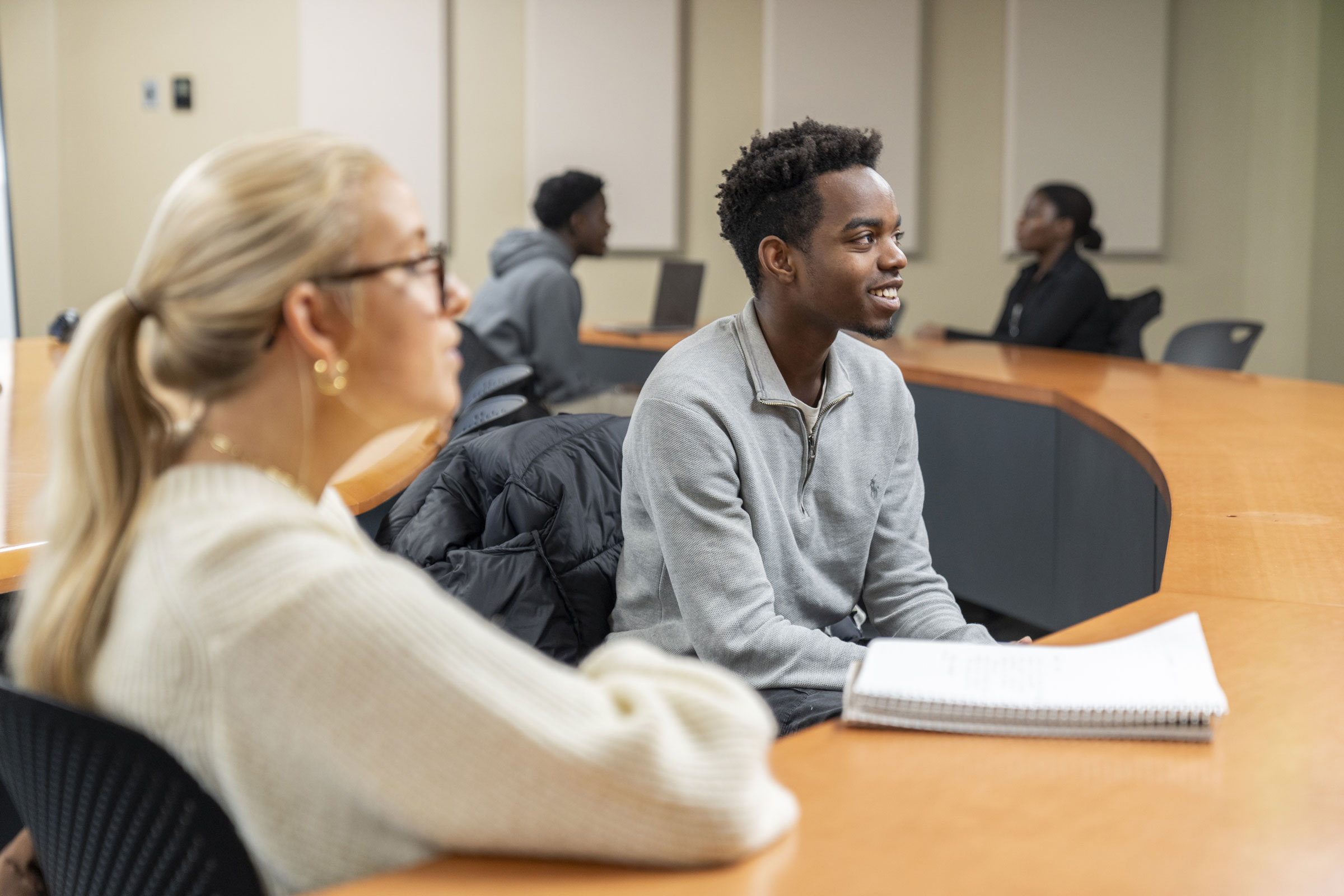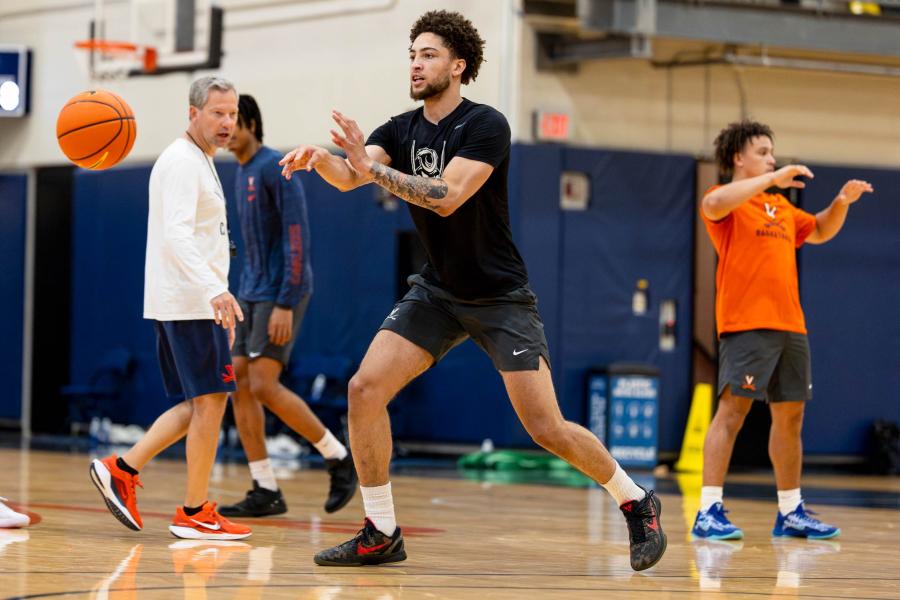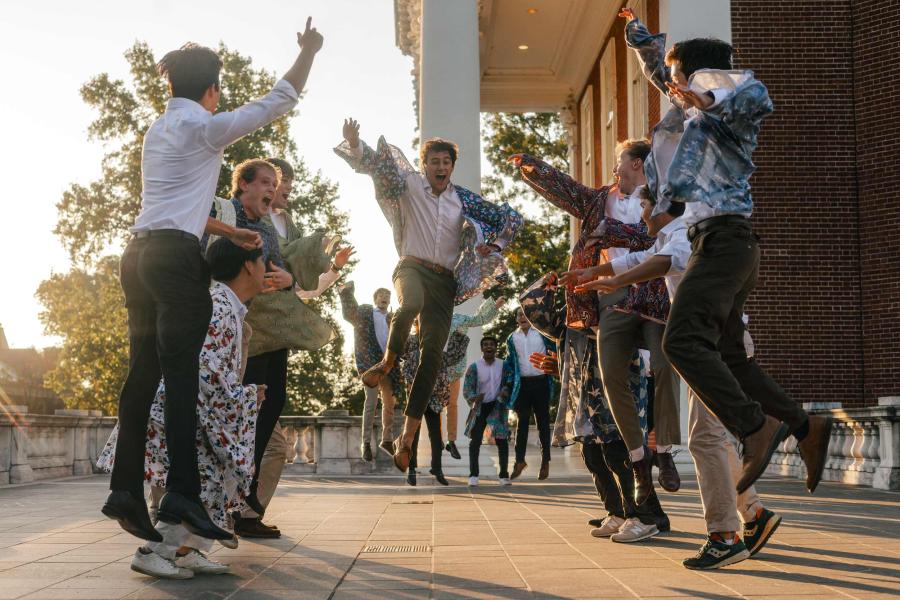Nifasha Diomede was far from his country of origin, but the course brought him closer to home.
The second-year University of Virginia student was born in Tanzania, though his family moved to Roanoke in 2008. His parents – and most of the African community in Roanoke – speak Swahili, but Diomede couldn’t speak the language as fluently as his family or the people he grew up around. Signing up for a Swahili language course with associate professor Anne Rotich helped him connect with his parents.
“Being able to converse with them, just about everyday things, is so important,” Diomede said. “I just want to be involved in those conversations.”
Swahili is one of the most commonly spoken languages in east Africa, with more than 200 million speakers worldwide, according to the United Nations. The number of people who speak Swahili swelled in the 1960s as the language became associated with liberation movements in Tanzania and Kenya. The African Union adopted Swahili as its official language in 2004 and the United Nations declared July 7 as Swahili language day in 2022. About 90,000 people speak it in the United States, and many people know Swahili phrases like “hakuna matata,” thanks to Disney’s “The Lion King.”
Despite the language’s prominence, UVA is one of only about 100 colleges and universities that offer Swahili – out of nearly 4,000 higher education institutions in the U.S.
Diomede’s newly acquired knowledge of the language has enabled him to learn more about his culture, too.
“It’s helped us spend quality time together,” he said.
